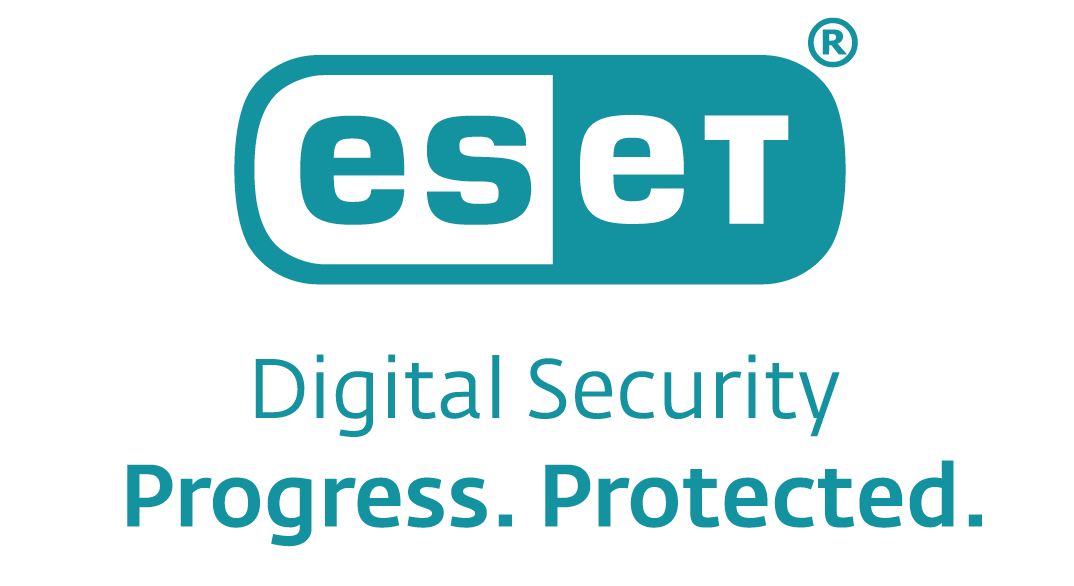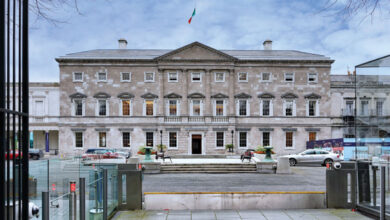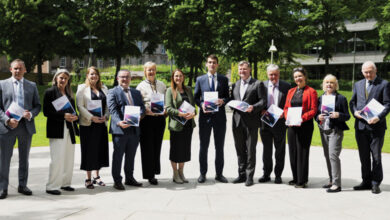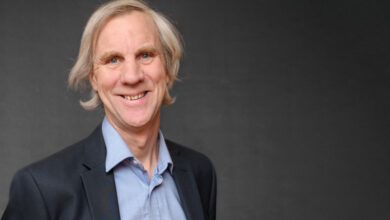Should we be prepared for AI-based critical infrastructure attacks?
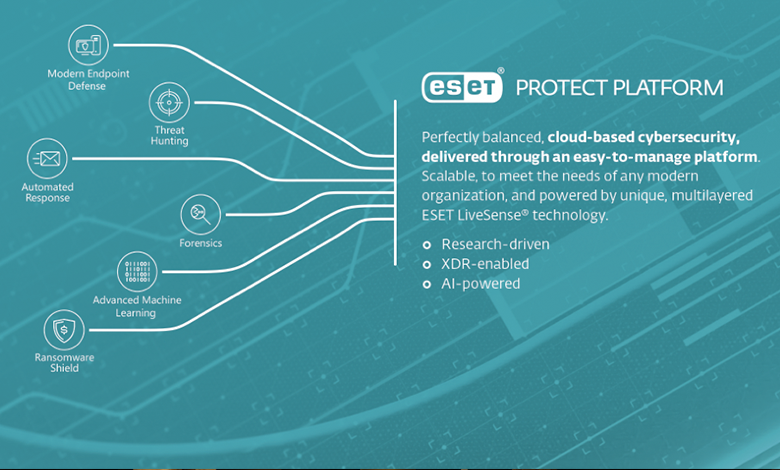
AI may change the threat landscape essentially in three ways: expanding existing threats, ushering in new threats, and shifting the nature of threats as we know it.
Of specific concern is the potential for cyberattacks on critical infrastructure to become more widespread. Critical infrastructure, usually considered to include power generation and electrical grid, hospitals and healthcare systems, and the global supply chain, could also include digital supply chains and the internet itself.
Depending on the specific needs, resources, and development level of a nation, critical infrastructure represents all the systems, networks, and assets that are essential, with their continued operation required to ensure the security of a given state, its economy, and the public’s health or safety. As the idea behind the attacks is to weaken adversaries by crippling their day-to-day business, an effective AI tool could, hypothetically, help bad actors commit attacks, or even increase the pool of potential attackers, by making malware coding easier.
With AI becoming increasingly important, just like companies, people race to figure out how it could be used to serve their own purposes, supporting their endeavours. Specifically in the field of cybersecurity, AI can serve both a destructive, but also a constructive role, with the former attempting to cripple cyber defences, and the latter enabling support of better cyber defences.
With a legacy dating back to 1990, ESET has been a forerunner in the integration of AI into its security solutions. Recognising the evolving nature of cyber threats, it embraced the potential of AI early on, leveraging its capabilities to not only detect but also block threats in real-time, using machine learning to combat new threats, to ensure continuous threat intelligence updates through the early adoption of cloud technology that powers the global ESET LiveGrid reputation and response system. ESET employs two distinct forms of advanced machine learning, comprising a high-powered detection engine in the cloud and a lightweight version deployed on the endpoint. These utilise a carefully selected set of classification algorithms, including deep learning and boosted trees, ensuring swift and precise analysis crucial for thwarting emerging threats.
The latest enhancement to ESET software introduces an AI-powered detection correlation engine. This innovative feature automatically generates incidents, empowering security engineers to significantly minimise the time dedicated to investigation and incident management. AI represents a paradigm shift in cybersecurity. Security vendors aim to evolve by improving detection results and reducing false positive/negative rates. Leveraging the power of modern AI techniques helps not only stay ahead of emerging threats but also sets new standards for efficiency and accuracy in threat detection and response.
T: 053 914 6600
E: security@eset.ie
W: www.eset.ie

